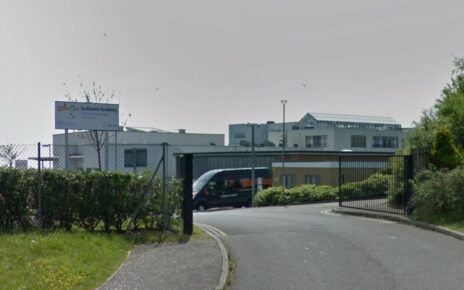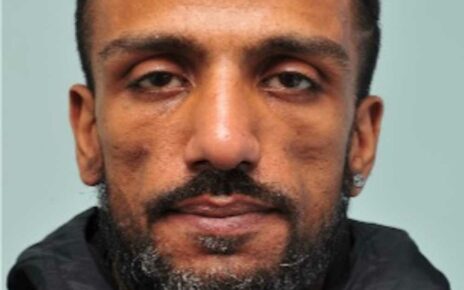Save articles for later
Add articles to your saved list and come back to them any time.
Four years ago, side-by-side pictures of a western Sydney man started cropping up in certain corners of the internet.
In one, he was smiling on a fishing trip. In another, he was visibly unwell, in tears on a hospital bed. The caption? “Before vaccines, after vaccines.”
Nikhil Autar, a health entrepreneur and leukemia survivor, is NSW’s Young Australian of the Year.Credit: Janie Barrett
But Nikhil Autar had not had an adverse reaction to a vaccine. If anything, the annual flu shot likely saved his life (twice) when the severely immunocompromised leukaemia patient caught the virus and was only admitted to ICU.
This month named NSW’s Young Australian of the Year, the 30-year-old health communicator, entrepreneur and – as of last week – medicine graduate, said his experience being trolled by anti-vaxxers, who found his online diary of his ongoing health battle, was difficult.
“Some people, they go low. They’re like: look at your skin, look at your health, how could you advocate for vaccines? You get threats,” he said, noting trolls had co-opted a picture taken while he recovered from open-heart surgery. “For a while there I was in the firing line.”
However, he said a university placement in a GP clinic helped to provide some perspective, and informed his response to anti-science arguments going forward.
“You can’t just look at this minority of people and be like, ‘Oh, you’re dumb’. It’s based on a lot of fear, but when you’re working at GP like that you do realise most people are pretty reasonable,” he said. “It’s important to help people understand, rather than call them idiots.”
It has been a big month for Autar. Within days of learning he would be NSW’s Young Australian of the Year, he attended the final classes of his medicine degree at Western Sydney University.
They are achievements he admits he would have struggled to imagine 12 years ago, when the academic high achiever and keen basketball player at Sydney Boys High School’s had his HSC year cut short by a leukaemia diagnosis.
“I was very, very tired,” Autar remembers of the period before learning he had cancer. “We’re talking, like, sleeping 16 hours a day. I started getting nosebleeds.”
Autar put his initial symptoms down to exhaustion from study, but a doctor ordered a blood test. Sitting in his backyard, playing with his dog on a study break, Autar received a call to go to the hospital immediately.
He received an estimate mark to complete year 12 while in treatment, and joked that he had “the best story ever” to tell when sitting down for medical school interviews shortly after diagnosis.
There were setbacks during Autar’s 12 years of medical study (the program is typically five years). He is now in remission for the second time having had multiple intense treatments, including chemotherapy rounds and bone marrow transplants. Allowances were made so he could work in a hospital.
“I was lucky the medical school really had my back with that,” he said. “For example, I can walk, I can do all the procedures and do CPR if I have to. But running around a hospital? I need a wheelchair for that.”
It was two years into his treatment that Autar started publicly documenting his cancer treatment on a blog and social media.
“Going through med school, I was seeing both sides of the equation: how patients think and how doctors think … I thought sharing my experience might help people understand those two perspectives,” he said.
Alongside this, Autar has two other projects on the go. The first is social enterprise Bheem Health, which is developing a device to cheaply convert any bed into a hospital bed and a sleep sensor map to reduce pressure sores. The second, and his latest endeavour, Knia Maps, is a phone app that displays crowdsourced accessibility information about places in NSW.
In its beta phase, users of the app have already mapped entrances, parking information, ramps and other useful details for nine hospitals and 670 other businesses. Autar said the app was inspired by his own experience while very unwell.
“I really could have used information telling me how to avoid walking up one or two flights of stairs, where to park to be close to an entrance,” he said.
As for the future, Autar is beginning his hospital internship part-time next year. The dream is working in haematology or oncology – he said he was “fan-boying” to be at the same ceremony as NSW Australians of the Year, oncologists Professors Georgina Long and Richard Scolyer – but he worries his health may not allow it. If that’s the case, he can pour everything into his projects, but there’s also another specialty which has piqued his interest.
“I really enjoy psych,” he said. “If you’re in a good place in your head, you can be happier than someone who’s physically healthy. That’s something I know acutely.”
Start the day with a summary of the day’s most important and interesting stories, analysis and insights. Sign up for our Morning Edition newsletter.
Most Viewed in National
From our partners
Source: Read Full Article



